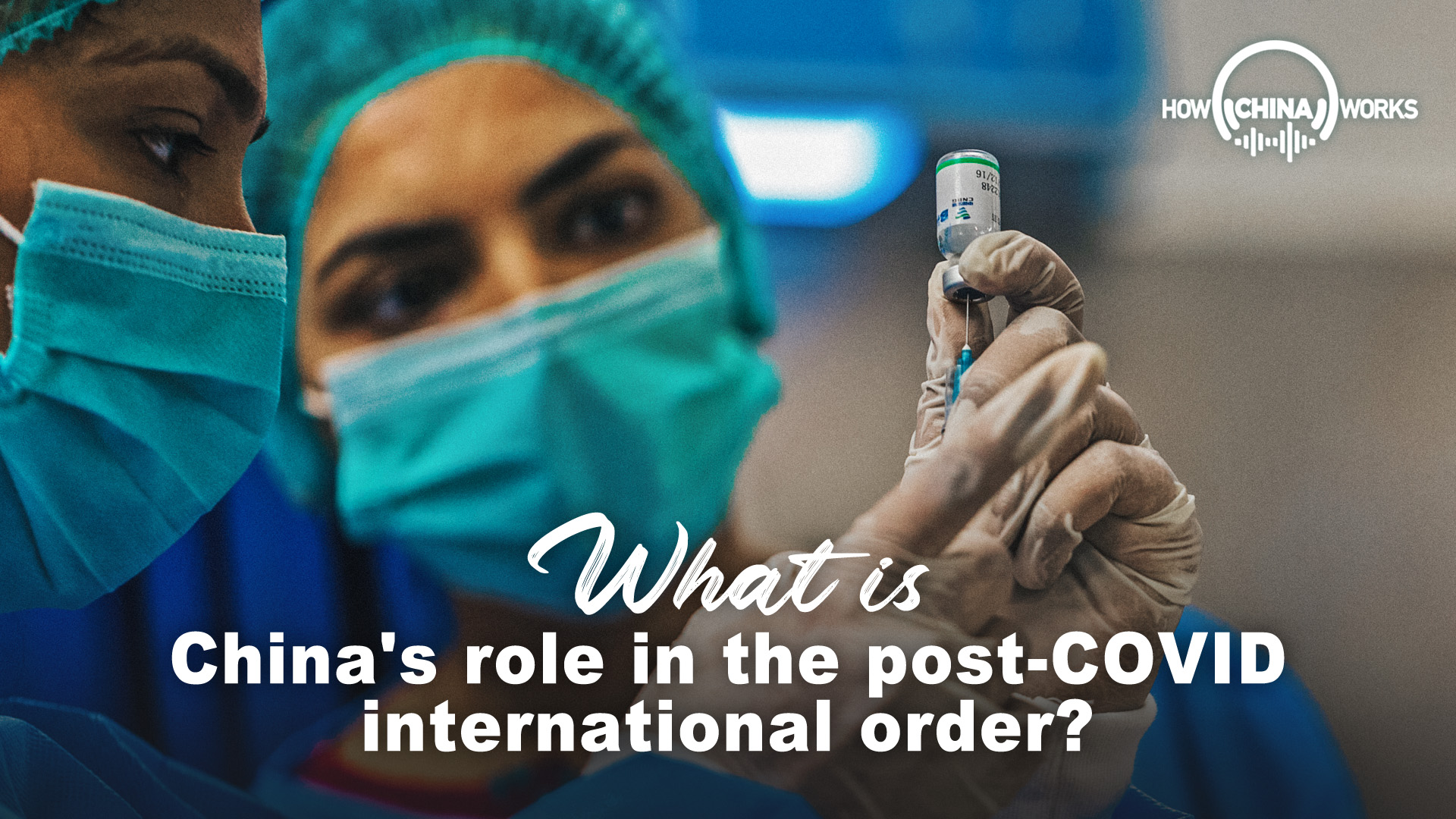By continuing to browse our site you agree to our use of cookies, revised Privacy Policy and Terms of Use. You can change your cookie settings through your browser.
- FEATURES
- PODCASTS


As we speak, the pandemic is still wreaking havoc across the world, and some countries face the threat of a second wave of infections. To contain the virus, stabilize the economy and protect livelihood remains a long and arduous journey for all countries. In the meantime, the international architecture is evolving at a faster pace. Rising unilateralism and protectionism are causing disruptions to global industrial and supply chains. While containing the virus on an ongoing basis, we must also stabilize and restore economic growth. For the G20, I believe more efforts are needed in the following areas:
First, build a global firewall against COVID-19. We must first put the disease under control at home and, on that basis, strengthen exchanges and cooperation to help countries in need. Several G20 members have made progress in vaccine R&D and production. We should speed up action and support the WHO in mobilizing and consolidating resources and distributing vaccines fairly and efficiently. China actively supports and participates in international cooperation on COVID-19 vaccines. We have joined the COVAX facility and stand ready to step up cooperation with other countries on the R&D, production and distribution of vaccines. We will honor our commitment of giving assistance and support to other developing countries, and work to make vaccines a global public good accessible and affordable to people around the world.
Second, ensure the smooth functioning of the global economy. While containing the virus, we need to restore the secure and smooth operation of global industrial and supply chains. We need to reduce tariffs and barriers, and explore the liberalization of trade of key medical supplies. We need to further harmonize policies and standards and establish “fast tracks” to facilitate the orderly flow of personnel. China has proposed a global mechanism on the mutual recognition of health certificates based on nucleic acid test results in the form of internationally accepted QR codes. We hope more countries will join this mechanism. We also support the G20 in carrying out institutionalized cooperation and building global cooperation networks to facilitate the flow of personnel and goods.
Third, harness the role of the digital economy. COVID-19 has fueled the boom of new technologies, new business forms and new platforms such as 5G, artificial intelligence (AI) and smart cities, and accelerated the development of a contact-free economy like online shopping, online education and telemedicine. All this opens new pathways for economic growth. We ought to adapt to change and turn crisis into opportunity. We may deepen structural reform and cultivate new growth drivers through scientific and technological innovation and digital transformation. We could foster an enabling environment for the development of the digital economy, enhance data security cooperation, strengthen the digital infrastructure, and level the playing field for high-tech companies from all countries. Meanwhile, we need to address the challenges posed by the digital economy to employment, taxation and vulnerable groups, and seek to bridge the digital divide.
Fourth, pursue more inclusive development. We should keep our support for developing countries and help them overcome the hardships caused by the pandemic. In spite of its own difficulties, China has fully implemented the Debt Service Suspension Initiative (DSSI) and put off debt repayment totaling over US$1.3 billion. China supports the decision on DSSI extension and will continue to work with other parties for its full implementation. Meanwhile, China will increase the level of debt suspension and relief for countries facing particular difficulties and encourage its financial institutions to provide new financing support on a voluntary basis and according to market principles. We should help women walk out of the shadow of the pandemic, address their special needs, and implement the Beijing Declaration and Platform for Action. China has proposed the convening of another Global Leaders' Meeting on Gender Equality and Women's Empowerment in 2025 to contribute to women's development in the post-COVID era. It is also vital that we take the challenge of food security seriously and support the UN in holding the Food Systems Summit next year. In this connection, China proposes the holding of an international conference on food loss and waste in due course, and welcomes the active participation of G20 members and relevant international organizations.
(Source: Extract from Xi Jinping's speech at the 15th G20 Leaders' Summit, November 21, 2020.)
This episode is presented by Pan Deng.




